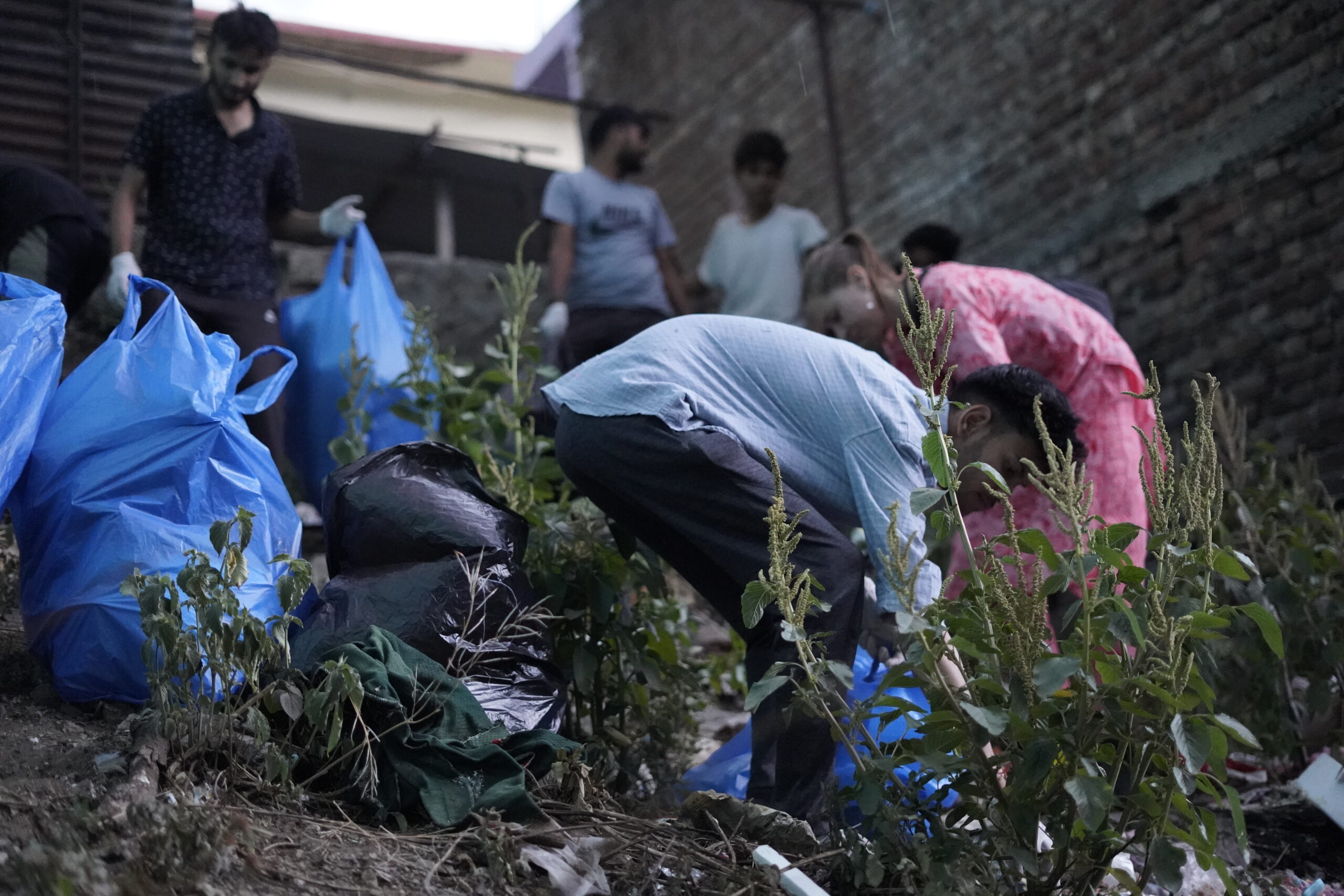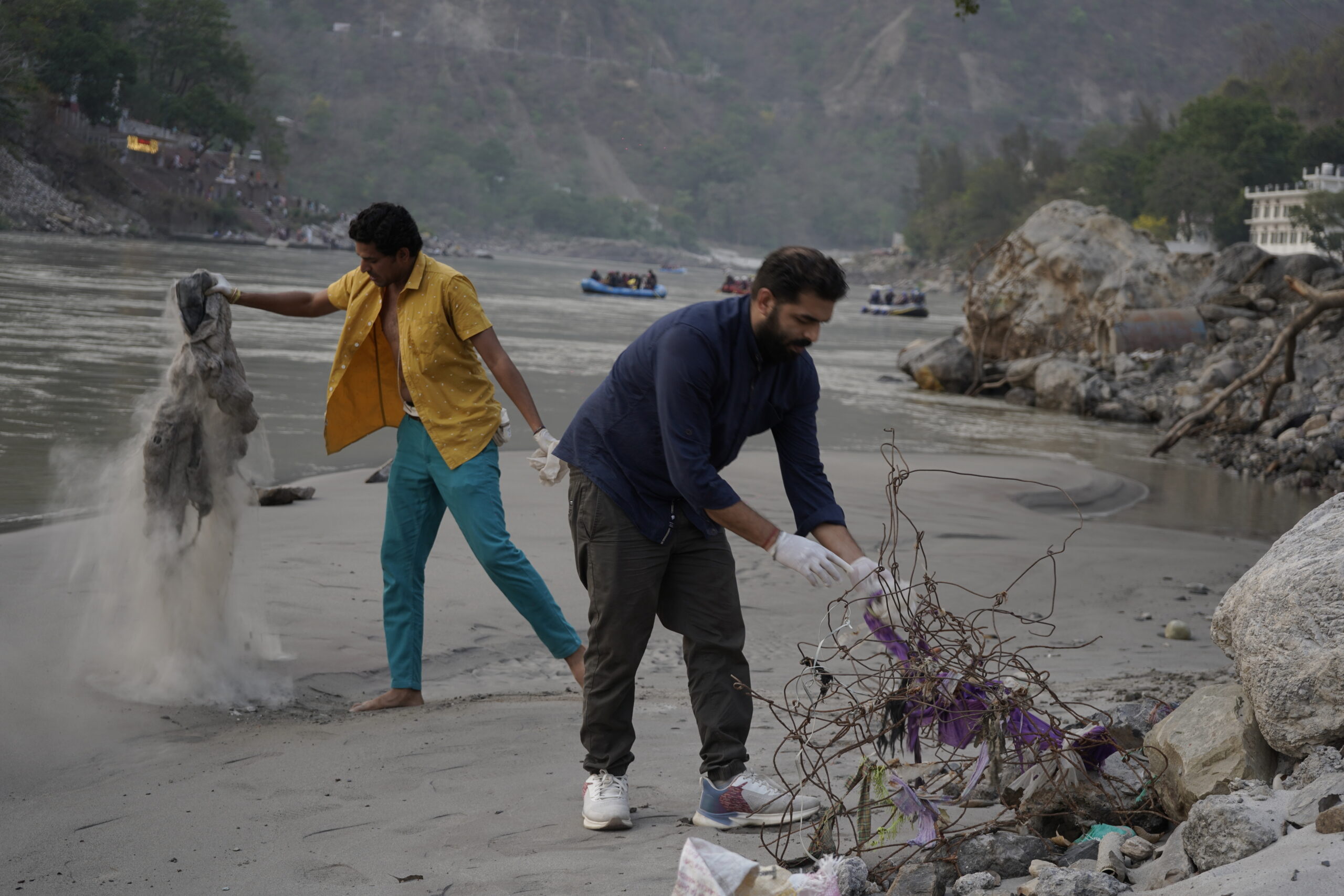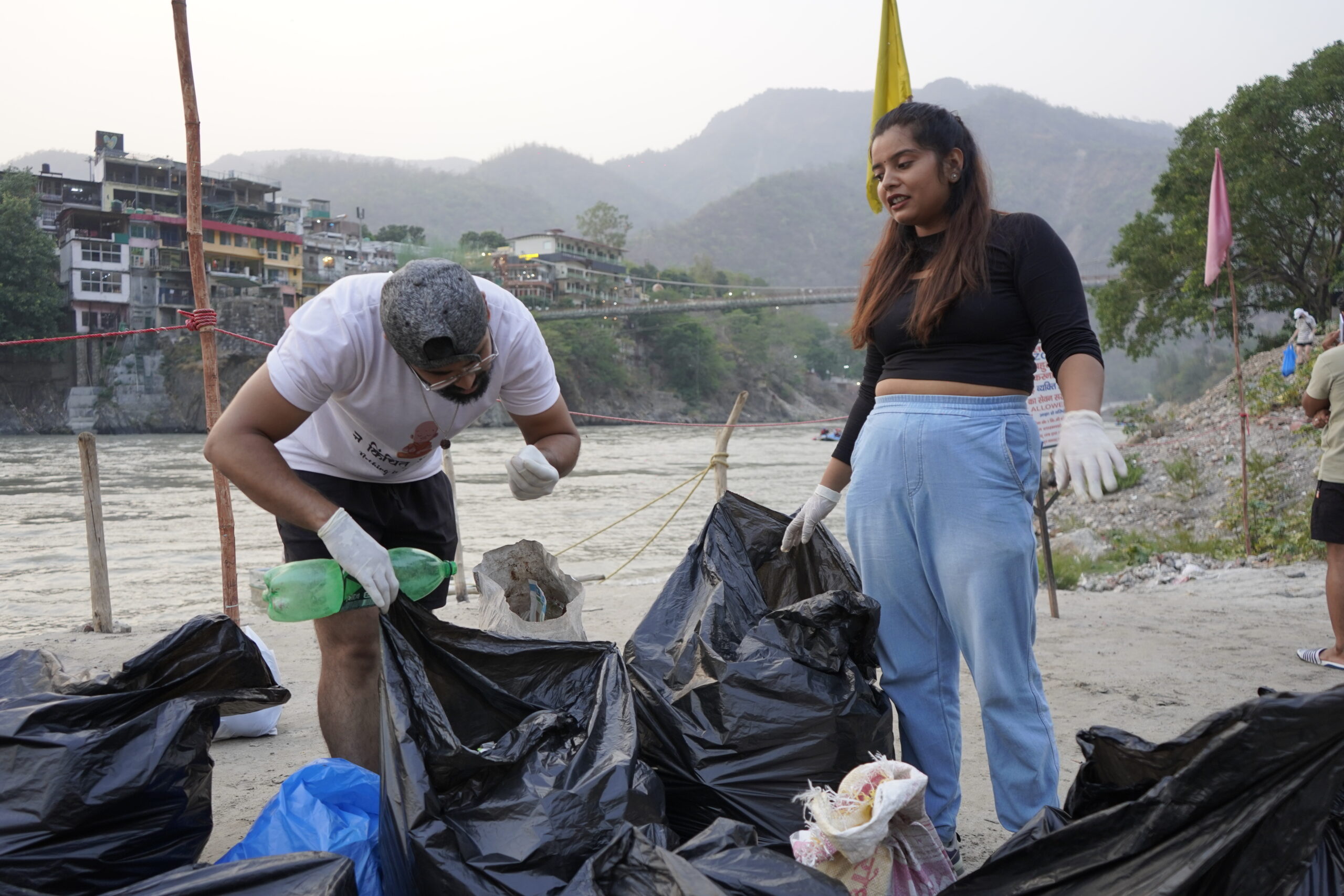"At Barish, we champion environmental stewardship through innovative initiatives, fostering community-driven actions for a sustainable future."
''Raising awareness through impactful campaigns on environmental issues''

cleaning drives proper waste seggregation
Proper waste segregation is crucial for effective waste management and environmental conservation. Barish, an environmental NGO, emphasizes the importance of cleaning drives that focus on waste segregation to minimize environmental impact. Segregating waste helps reduce the overall environmental impact of waste disposal.

cleaning drives conducted on the banks of ganga
Cleaning drives conducted on the banks of the Ganga by Barish, an environmental NGO, typically involve organized efforts to remove litter, plastics, and other pollutants from the river and its surrounding areas. These initiatives are aimed at restoring and preserving the ecological health of the Ganga, which is not only a sacred river but also a vital lifeline for millions of people.

providing gloves and important necesities & giving proper ideas for the drives
For an environmental NGO like Barish, focusing on providing gloves and other necessities during drives is crucial Provide guidelines on proper waste disposal and recycling practices along with the distribution of gloves. This empowers communities to maintain cleanliness and sustainability long after the drive ends.Encourage the use of reusable gloves or biodegradable options to minimize environmental footprint.

plastics are the major factor for environmental issues as proper recycling is necessary
plastics are the major factor for environmental issues as proper recycling is necessary by barish an environmental NGO .Plastics indeed play a significant role in environmental issues due to their persistence in the environment and their detrimental effects on wildlife and ecosystems. Proper recycling is crucial to mitigate these impacts.
''All Lifes Matter ''
Not only HumanLife But Animals are also affected



Plastic waste poses a significant threat to domestic animals worldwide. Animals often mistake plastic items for food, leading to ingestion and severe health consequences. For instance, marine animals such as seabirds, turtles, and fish ingest plastic debris floating in the ocean, which can cause internal injuries, blockages, and even death. On land, livestock and pets are also at risk. Animals may accidentally consume plastic litter from improperly disposed-of trash, leading to digestive issues, poisoning, or strangulation from entangled pieces. Moreover, the chemicals leaching from plastics can disrupt hormonal balances and weaken immune systems in animals. Addressing plastic waste through proper disposal, recycling, and reducing single-use plastics is crucial to safeguarding the well-being of domestic animals and their habitats.Furthermore, plastic waste has indirect effects through environmental contamination. When plastics degrade, they release harmful chemicals into the environment. These toxins can leach into soil and water sources, contaminating the food chain that domestic animals rely upon. For instance, when plastic waste breaks down into microplastics, these particles can accumulate in plants and animals consumed by livestock. This accumulation can have far-reaching consequences, affecting not only the animals directly consuming contaminated food but also humans who consume animal productsIn addition to ingestion and contamination, plastic waste contributes to habitat destruction and alteration. Animals rely on natural habitats for food, shelter, and breeding grounds. When these habitats are polluted with plastic waste, it disrupts ecosystems and forces animals to seek alternative environments. This displacement can lead to increased competition for resources, heightened stress levels, and decreased reproductive success among affected populations.In addition to ingestion and contamination, plastic waste contributes to habitat destruction and alteration. Animals rely on natural habitats for food, shelter, and breeding grounds. When these habitats are polluted with plastic waste, it disrupts ecosystems and forces animals to seek alternative environments. This displacement can lead to increased competition for resources, heightened stress levels, and decreased reproductive success among affected populations.In addition to ingestion and contamination, plastic waste contributes to habitat destruction and alteration. Animals rely on natural habitats for food, shelter, and breeding grounds. When these habitats are polluted with plastic waste, it disrupts ecosystems and forces animals to seek alternative environments. This displacement can lead to increased competition for resources, heightened stress levels, and decreased reproductive success among affected populations.
